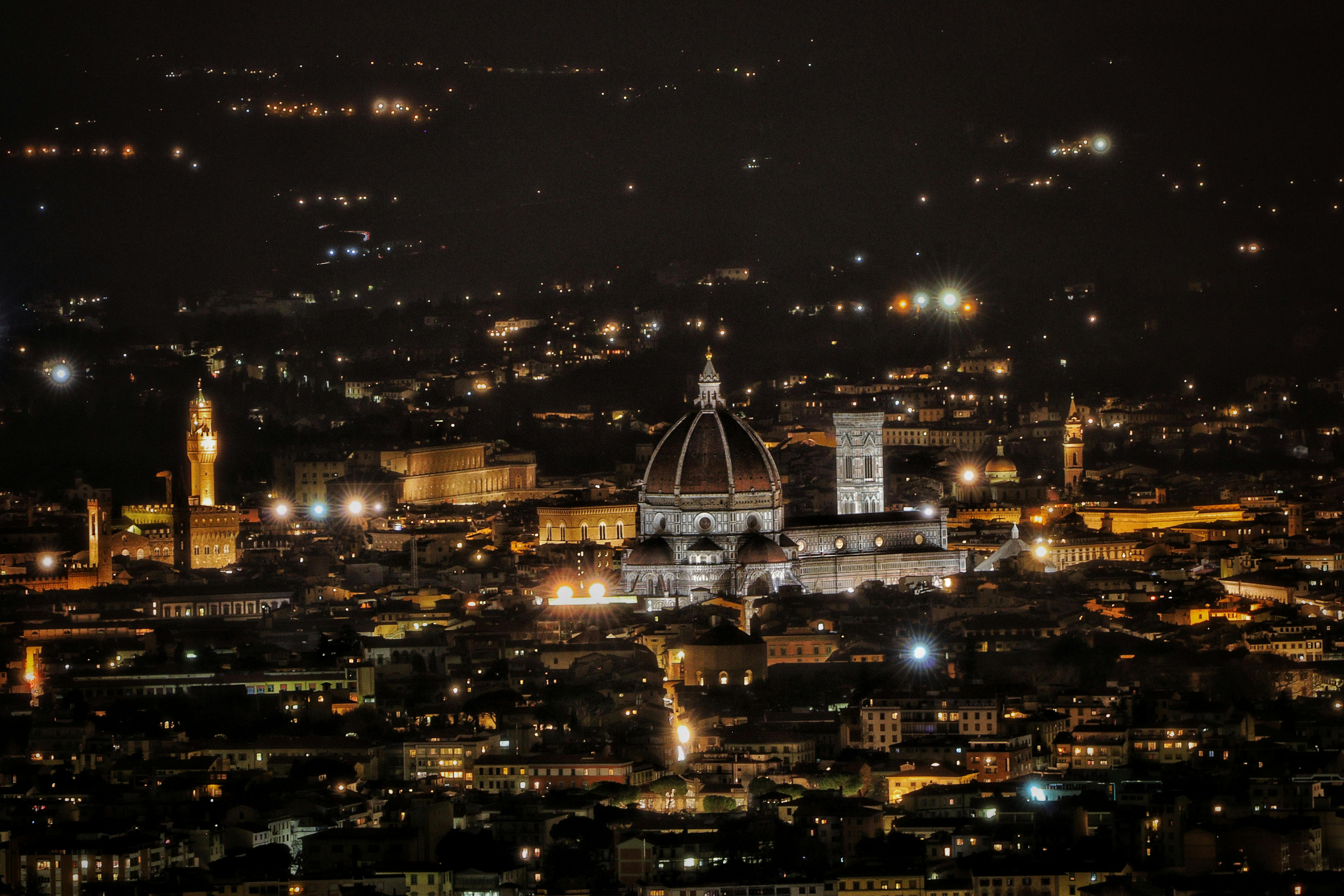
Exploring the Rich History and Cultural Heritage of Equatorial Guinea
Exploring the Rich History and Cultural Heritage of Equatorial Guinea
Equatorial Guinea is a small country located in Central Africa. Despite its small size, it is home to a rich history and cultural heritage that has been shaped by centuries of traditions and influences from nearby regions.
Early History and Arrival of Europeans
The earliest known inhabitants of Equatorial Guinea were the Bantu, who arrived in the region around 2,000 years ago. The region later became a part of various African empires, such as the Kingdom of Kongo, which lasted from the 14th to the 19th century.
In 1472, the Portuguese navigator Fernão do Pó became the first European to arrive in the area. In the centuries that followed, the region became a major center for the transatlantic slave trade, with European powers establishing forts and trading posts along the coast.
Colonialism and Independence
In 1778, the island of Fernando Póo, now known as Bioko, was ceded to Spain. The region remained under Spanish colonial rule until 1968, when it gained independence as the Republic of Equatorial Guinea.
During the colonial era, Spanish influence had a significant impact on the country's culture, language, and architecture. Today, the Spanish language remains an official language of Equatorial Guinea, alongside French and Portuguese.
Cultural Heritage
Equatorial Guinea is home to a diverse range of cultures and traditions. The country's main ethnic groups include the Fang, Bubi, and Ndowe, each with their own unique customs and practices.
Music and dance play an important role in Equatoguinean culture, with traditional rhythms and instruments, such as the balafon and marimba, still widely used today. Equatorial Guinea is also known for its colorful festivals, such as the Bantu New Year and the Ngondo festival, which celebrate traditional beliefs and practices.
The Future of Equatorial Guinea's Heritage
Despite its rich cultural heritage, Equatorial Guinea faces numerous challenges in preserving its traditions and history. Economic development and modernization have led to rapid urbanization and a shift away from traditional ways of life.
However, efforts are underway to protect and promote Equatorial Guinea's heritage, with initiatives such as the National Parks and Wildlife program, which works to protect the country's unique flora and fauna.
As Equatorial Guinea continues to grow and transform, preserving its cultural heritage will remain an important priority. By recognizing and celebrating the country's diverse history, we can ensure that its traditions and customs are passed down for generations to come.
